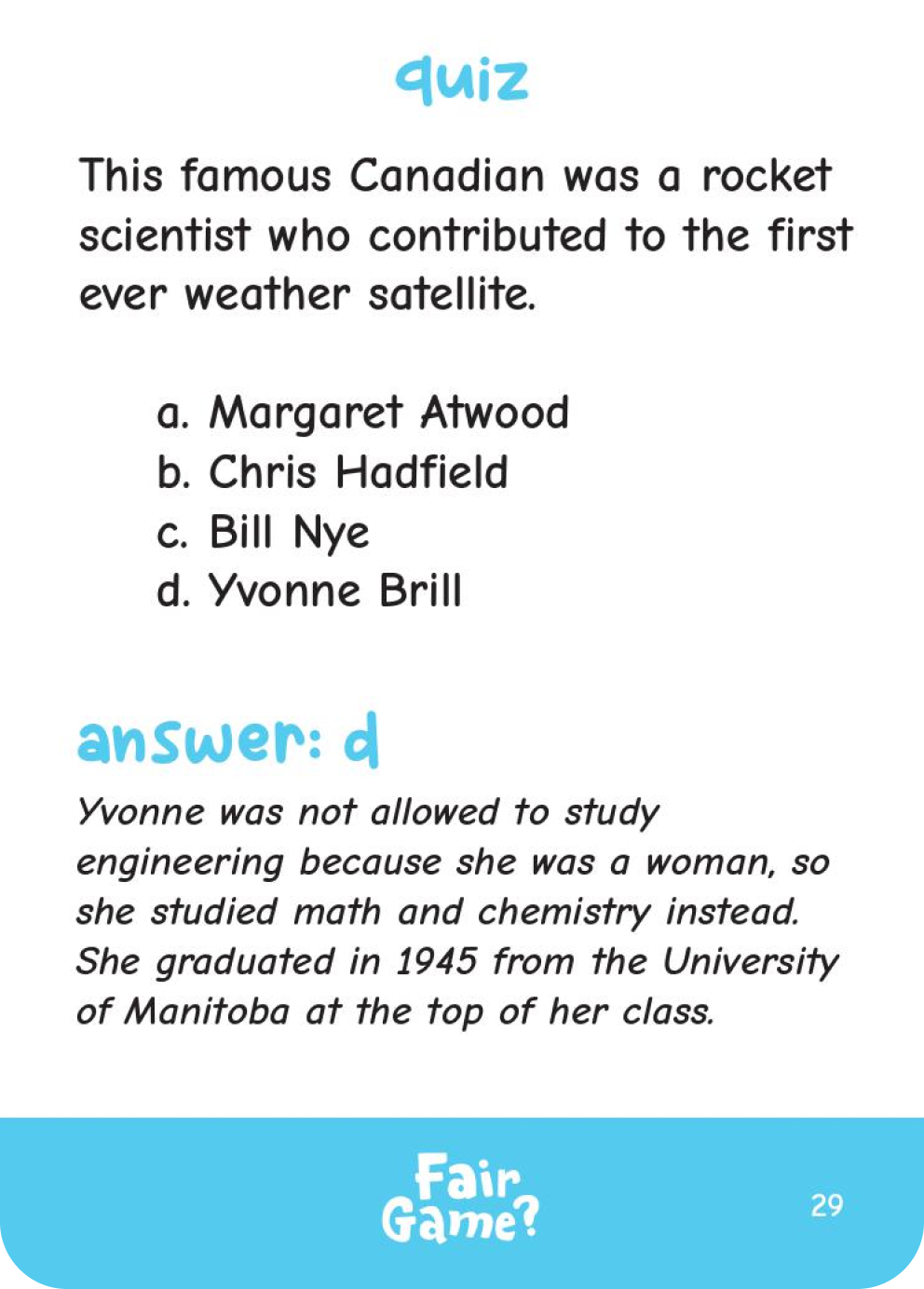This game supports positive learning
Increases classroom engagement
In a study that compared group activities, this game scored the highest in student engagement
Increases student knowledge
In core social justice topics, historical events, and on key data about various social issues
Increases student skills development
This game supports development of cooperation, cohesion, perspective taking, debating, and more
99% of students enjoy playing this game
Sample study of 104 students
200 game cards and over 15 hours of play time
Sample study of 6 classrooms has shown over 15 hours of play time
83% increase in students’ sense of belonging
Measured over a 6-month period, increase in sense of belonging in schools
Students can play with other students, or with teachers
This game can be played in a variety of ways:
- It can be played among students in small groups of 5 or more. Doing so has shown positive student engagement and perspective taking.
- It can be played with students and teachers together. Doing so has shown to enhance relationships between them, fostering a deeper sense of connection. It also instills in students a stronger feeling of belonging within the school community, nurturing their self-esteem.
See a sample of the game cards
Discuss (40 cards)
Discuss cards improve perspective-taking and cooperation through in-depth discussions. Each card has a different scenario and has students think about them as a team and provide their reasoned response. The game host (played by a teacher or another student) awards a point to each team that meaningfully responds.
Which one is it? (40 cards)
Is it cards improve students’ understanding of social justice concepts and terms. Each card has a different scenario. Students discuss them as a team and decide the scenario is an example of a stereotype, microaggression, allyship, or privilege. The game host awards a point to each team that answers correctly.
True or false (40 cards)
True or false cards improve students’ knowledge of historical events, social justice issues, facts about Canada, and more. Students discuss them as a team and decide on the correct answer together. The game host awards a point to each team that answers correctly.
Act or draw (40 cards)
Act or draw cards promote artistic expression, creativity, and empathy, by having students silently act out or illustrate scenarios related to social justice issues. One member from each team acts or draws, and their teammates try to guess the scenario. The game host awards a point to the first team that answers correctly.

Quiz (40 cards)
Quiz cards improve students’ knowledge of historical events, social justice issues, facts about Canada, and more. Students discuss them as a team and decide on the correct answer together. The game host awards a point to each team that answers correctly.
